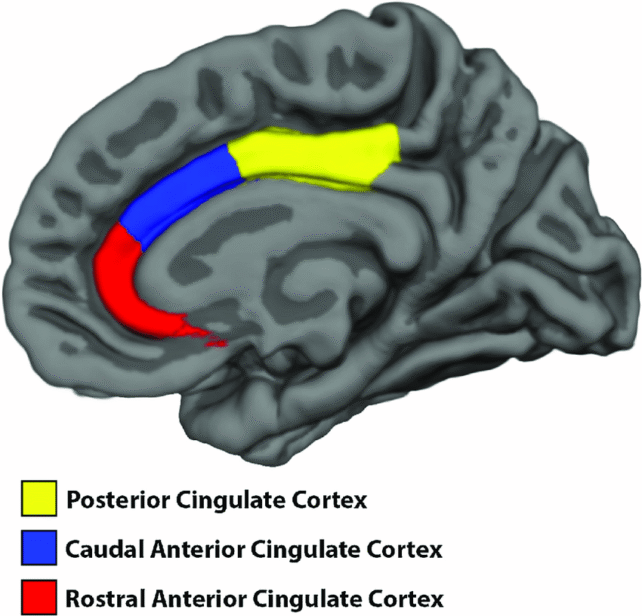A drug used to slow Alzheimer's disease may help improve social behaviors in some children with autism spectrum disorder (ASD).
The results of a small clinical trial are promising, although not yet conclusive. They suggest that a specific subset of young people with ASD may experience positive outcomes from taking memantine, despite previous studies finding no clear benefits.
Memantine (sometimes sold under the brand name Namenda) is an oral medication that blocks the brain's receptors for glutamate – a neurotransmitter that can be toxic in high amounts. Reducing glutamate across the brain can help slow the progression of neurodegenerative conditions.
A brain region particularly rich in glutamate receptors is the pregenual anterior cingulate cortex (pgACC), which is involved in social processing and emotional awareness.
Related: Brain Scans Show Neuron Structures Look Different in Kids With Autism
Some evidence suggests that glutamate can be imbalanced in the pgACC in individuals with ASD, possibly explaining behaviors and symptoms related to communication and social interactions.

In 2017, however, a clinical trial found that taking memantine provided no significant benefit to the social responsiveness of children with ASD.
Now, researchers at Massachusetts General Hospital and Harvard University have led a new clinical trial to follow up on those results, evaluating the drug's effect at higher doses and among a more specific subset of children.
Their randomized trial was completed by 33 young people without intellectual disability, aged 8 to 17, who were predominantly male. Half the group took 20 milligrams of memantine daily for 12 weeks, while the other half took a placebo.
The best responders to memantine were individuals who exhibited abnormally high glutamate levels in the pgACC.
Among these children, adult caregivers reported memantine improving communication, interaction, and engagement with others significantly more than a placebo.
While the results are promising, the authors of the study caution that larger clinical trials are needed before any definitive conclusions can be made.
Even if memantine does turn out to improve the lives of children with ASD, it may only benefit some individuals.
Among all the participants in the recent clinical trial, just over half showed abnormally elevated glutamate levels in the pgACC.
Previous trials, like the one from 2017, may have overlooked this significant result because they did not hone in on subsets of ASD.
Autism exists on a spectrum, encompassing a vast range of conditions, with large variations in symptoms and severity, impacted by the complex interplay of genetics and environmental factors.
There is very probably no single cause behind the disorder, which means that one single treatment is unlikely to be effective or necessary for all.
Nevertheless, researchers behind the recent clinical trial think that memantine has the potential to improve outcomes for a "substantial proportion of patients, with minimal unnecessary exposure to those who may not benefit."
The team calls for further research.
The study was published in JAMA.
